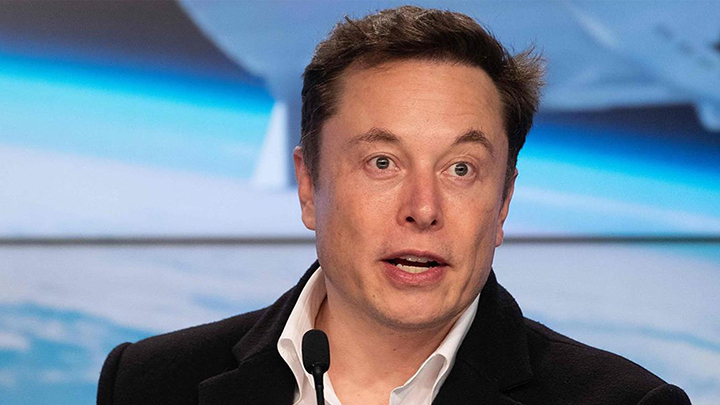Kenyan CEOs are treading the global economic landscape with cautious optimism, mirroring the sentiments echoed by their global counterparts.
According to a recent survey conducted by PricewaterhouseCoopers (PwC), 56 per cent of Kenyan CEOs believe the global economy will either improve or remain stable over the next 12 months, aligning closely with the 54 per cent of CEOs worldwide who share the same outlook.
However, amidst this optimism, challenges loom large. Inflation remains a significant concern for 58 per cent of Kenyan CEOs, although 56 per cent express confidence in their revenue growth prospects over the next three years.
Commenting on the survey findings, Peter Ngahu, Country and Regional Senior Partner at PwC Kenya and Eastern Africa, highlighted the prevailing uncertainty in the current global landscape, attributing it to a confluence of factors including the long-term effects of Covid-19, geopolitical tensions, conflicts, and climate change.
"There is a great deal of uncertainty in the world right now. The long-term effects of Covid-19, geopolitical tensions and conflicts, climate change and a slowdown in the global economy have somehow made CEOs in Africa accustomed to uncertainty," Ngahu remarked.
Read More
In addressing these challenges, Kenyan CEOs are grappling with various threats, with 58 per cent acknowledging high exposure to inflation risks, while 50 per cent cite limited financial resources as a hindrance to value creation.
Muniu Thoithi, Advisory Leader for PwC East Africa, underscores the imperative for CEOs to lead transformation efforts within their organizations, fostering environments conducive to innovation and learning to thrive amid disruption.
Furthermore, Isaac Otolo, Deals Partner at PwC Kenya, emphasizes the importance of strategic collaboration and ecosystem partnerships in driving value creation, citing potential opportunities for significant revenue growth in sectors like automotive as they embrace technological advancements.
"There is significant merit in looking beyond the confines of a company and embracing broader business ecosystems. Collaborating across industry boundaries through joint ventures or alliances enables companies to create greater value than they could achieve alone," Otolo said.
Climate action also features prominently in the agenda of Kenyan CEOs, with 60 per cent already implementing initiatives such as energy efficiency improvements and workforce upskilling to adapt to climate-driven changes in their business models.
Edward Kerich, Partner and Environmental Social & Governance Leader at PwC Kenya, highlights the challenges and opportunities associated with climate-friendly investments, emphasizing the long-term value proposition amid evolving regulatory landscapes and shifting consumer preferences.
On the technological front, while CEOs recognize the potential of generative AI to enhance efficiency and value creation, concerns about its unintended consequences loom large.
Cybersecurity risks, in particular, are a major apprehension for 78 per cent of CEOs, alongside worries about the spread of misinformation, voiced by 64 per cent of CEOs.
Laolu Akindele, Technology Partner at PwC Kenya, stresses the need for a balanced approach to AI integration, advocating for a culture of responsible usage to mitigate risks and harness its transformative potential effectively.
"The pace of technological change is happening faster than the institutional capacity to adapt to it. With the rise of generative AI, and its potential and attendant risks, CEOs must create a culture in which companies move fast but with a commitment to managing risk," Akindele said.
"East African CEOs are cautious about integrating AI into their operations, and many believe that generative AI could heighten their cybersecurity risks, potentially hindering their company’s growth."
The survey, conducted by PwC, involved 4,702 CEOs across 105 countries and territories, providing valuable insights into the strategic priorities and challenges facing business leaders globally.








